Our June Round Robin topic is: How do you go about developing your characters for a story? How much time do you spend or does it just happen in the writing process? What inspires it?

 Characters are more than a pretty face and a sexy body or a handsome, muscled man. Although physical traits certainly come to mind as a character comes to life, it’s the stuff below the surface that catches the imagination and fires the emotions. I recall reading Jeffrey Archer’s As The Crow Flies years ago at the same time my son was reading it. Although the hero of the story was a sympathetic character, the one that really stuck out was the villainess. We both marveled that the author had created a personality so compelling and complex that we hated her guts and wanted to strangle her. I still feel that way about her all these years later although I have not a clue what she looked like. Characters that are that compelling take time and effort to create. They don’t just happen. Finding the whole character is like peeling an onion - the deeper you go, the stronger it gets. Consider the movie When Harry Met Sally - On the surface, Sally is a pretty woman. But underneath she is what some men call "high maintenance"- she likes everything on the side. She's a romantic. She's a planner. Harry is an attractive guy with a wicked sense of humor. He's prosaic. He's afraid of commitments. He thinks men and women can't be friends because sex gets in the way. He's less disciplined and his life less structured. If you were the author of this story, you might ask why either of them was any of those things and the reasons would tell you even more about who they are. The deeper you dig into what makes a charcter tick, the more irresisible they become.
Characters are more than a pretty face and a sexy body or a handsome, muscled man. Although physical traits certainly come to mind as a character comes to life, it’s the stuff below the surface that catches the imagination and fires the emotions. I recall reading Jeffrey Archer’s As The Crow Flies years ago at the same time my son was reading it. Although the hero of the story was a sympathetic character, the one that really stuck out was the villainess. We both marveled that the author had created a personality so compelling and complex that we hated her guts and wanted to strangle her. I still feel that way about her all these years later although I have not a clue what she looked like. Characters that are that compelling take time and effort to create. They don’t just happen. Finding the whole character is like peeling an onion - the deeper you go, the stronger it gets. Consider the movie When Harry Met Sally - On the surface, Sally is a pretty woman. But underneath she is what some men call "high maintenance"- she likes everything on the side. She's a romantic. She's a planner. Harry is an attractive guy with a wicked sense of humor. He's prosaic. He's afraid of commitments. He thinks men and women can't be friends because sex gets in the way. He's less disciplined and his life less structured. If you were the author of this story, you might ask why either of them was any of those things and the reasons would tell you even more about who they are. The deeper you dig into what makes a charcter tick, the more irresisible they become.
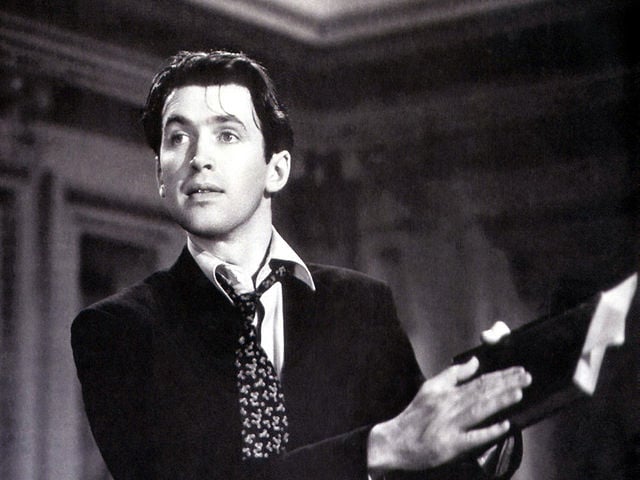 Perhaps because I’m a pantser and my stories are more character driven than plot driven, I spend quite a bit of time on character development before I even start the book. Although I’ll admit that my characters often surprise me as the story unfolds. Sometimes saying or doing something so unexpected that they catch even me off guard. But for the most part, I know my characters very well before I begin writing the book.
Perhaps because I’m a pantser and my stories are more character driven than plot driven, I spend quite a bit of time on character development before I even start the book. Although I’ll admit that my characters often surprise me as the story unfolds. Sometimes saying or doing something so unexpected that they catch even me off guard. But for the most part, I know my characters very well before I begin writing the book.
 As I brainstorm my general plot and establish where I want to end up, I set aside time to write a detailed history for my main character or characters. Sometimes, if it’s important, I might even go back to their birth, but always at least to their teenage years. Because this document is never going to be seen by anyone but me, I just start typing, telling each of my main characters' stories as if I was describing a person I know well to someone else. I might ramble a bit and occasionally go back to something that might have happened to them earlier as it occurs to me, but by the time I have four or five single spaced pages, I know my character pretty well. I know them so well by now that if I put them in a situation, I know how they are going to react. The only time I skipped this step I realized as the story unfolded that the character was kind of bland and uninspiring. I was scrambling to fill in holes and figure out what he should be doing in every scene. I eventually had to stop writing and go back to fix him before I could complete the story. But knowing your character so well, you just know how they are going to react makes the writing so much easier. IN addition to the life story, I have a list of probing interview questions I ask my fictional characters. The answers are enlightening and if I don't know the answer, I need to dig a little deeper.
As I brainstorm my general plot and establish where I want to end up, I set aside time to write a detailed history for my main character or characters. Sometimes, if it’s important, I might even go back to their birth, but always at least to their teenage years. Because this document is never going to be seen by anyone but me, I just start typing, telling each of my main characters' stories as if I was describing a person I know well to someone else. I might ramble a bit and occasionally go back to something that might have happened to them earlier as it occurs to me, but by the time I have four or five single spaced pages, I know my character pretty well. I know them so well by now that if I put them in a situation, I know how they are going to react. The only time I skipped this step I realized as the story unfolded that the character was kind of bland and uninspiring. I was scrambling to fill in holes and figure out what he should be doing in every scene. I eventually had to stop writing and go back to fix him before I could complete the story. But knowing your character so well, you just know how they are going to react makes the writing so much easier. IN addition to the life story, I have a list of probing interview questions I ask my fictional characters. The answers are enlightening and if I don't know the answer, I need to dig a little deeper.
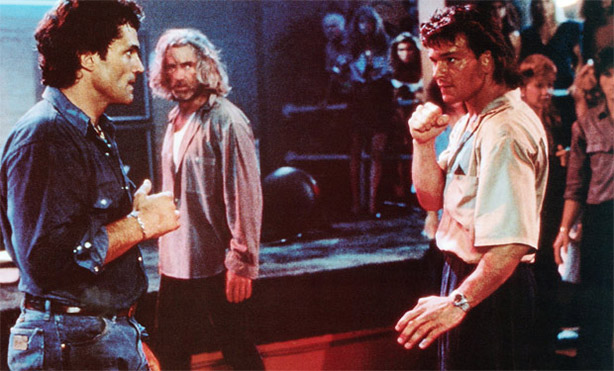 Knowing my character well helps me know how he fits into the action. For instance, if I’ve created a man who was a scrapper as a teenager, joined the Marines at 18 and drives race cars for sport, I’m pretty sure this guy is a total Alpha hero and if someone issues an insulting challenge in a bar he’s going to fight. On the other hand, I might have a hero who was a member of the debate team, got his undergrad and masters in social work and is currently a counselor, when I put him in the same bar and he’s confronted with the same insult, he’s more likely to try defusing the situation. But I don’t have to think about it, I just know how the two different personalities are going to react. But what if that beta hero had a sister who was raped by a sneering bully in a bar when she was in college? And what if the insult was to his girlfriend or wife? Maybe there would be no debate – his backstory would have him react very differently in spite of his beta personality.
Knowing my character well helps me know how he fits into the action. For instance, if I’ve created a man who was a scrapper as a teenager, joined the Marines at 18 and drives race cars for sport, I’m pretty sure this guy is a total Alpha hero and if someone issues an insulting challenge in a bar he’s going to fight. On the other hand, I might have a hero who was a member of the debate team, got his undergrad and masters in social work and is currently a counselor, when I put him in the same bar and he’s confronted with the same insult, he’s more likely to try defusing the situation. But I don’t have to think about it, I just know how the two different personalities are going to react. But what if that beta hero had a sister who was raped by a sneering bully in a bar when she was in college? And what if the insult was to his girlfriend or wife? Maybe there would be no debate – his backstory would have him react very differently in spite of his beta personality.
 I also do a GMC (Goal-What do they want? Motivation – Why do they want it? Conflict – Why can’t they have it?) chart. If it’s a romance, I have two charts side by side on one page so I can compare how the hero’s goals might conflict with the heroine’s etc. Knowing what your characters want at every step keeps your story moving in the right direction and helps to avoid useless side trips and go-no-where chapters.
I also do a GMC (Goal-What do they want? Motivation – Why do they want it? Conflict – Why can’t they have it?) chart. If it’s a romance, I have two charts side by side on one page so I can compare how the hero’s goals might conflict with the heroine’s etc. Knowing what your characters want at every step keeps your story moving in the right direction and helps to avoid useless side trips and go-no-where chapters.
 Some of the tools I use to begin shaping my character include a birth order chart. Although birth order has much deviation and exceptions, there are a number of interesting character traits that can be influenced by birth order. And it’s a place to begin. Is your character a first born? Or only child? Then maybe he or she is a bit of a perfectionist and he or she will generally be a good leader, highly motivated and responsible. Second borns can be adaptable and independent and prefer compromise over conflict. They make good mediators. Last born kids are social, outgoing, manipulative and often spoiled. But it also depends on gender. A first born son with an older sister will be different than a second born, second son. If you’re into it, Zodiac signs might give you ideas about your character as well. Another way to find flaws and strengths in your characters is to give them a trauma from their growing up years. Take
Some of the tools I use to begin shaping my character include a birth order chart. Although birth order has much deviation and exceptions, there are a number of interesting character traits that can be influenced by birth order. And it’s a place to begin. Is your character a first born? Or only child? Then maybe he or she is a bit of a perfectionist and he or she will generally be a good leader, highly motivated and responsible. Second borns can be adaptable and independent and prefer compromise over conflict. They make good mediators. Last born kids are social, outgoing, manipulative and often spoiled. But it also depends on gender. A first born son with an older sister will be different than a second born, second son. If you’re into it, Zodiac signs might give you ideas about your character as well. Another way to find flaws and strengths in your characters is to give them a trauma from their growing up years. Take  that last born, make him the only boy whose father dies when he’s only 11 years old, and suddenly he’s no longer so spoiled or carefree. He’s become the man of the family at a young age and that sense of responsibility will carry over into his adulthood. Another tool in my box is a book called Careers for Your Characters by Obstfeld and Neumann. If you already know what career your character will have, check out the traits that make a person good at that job, or bad if you want your character to struggle. If you have some idea of your character’s traits, this is a great way to figure out what his or her profession should be.
that last born, make him the only boy whose father dies when he’s only 11 years old, and suddenly he’s no longer so spoiled or carefree. He’s become the man of the family at a young age and that sense of responsibility will carry over into his adulthood. Another tool in my box is a book called Careers for Your Characters by Obstfeld and Neumann. If you already know what career your character will have, check out the traits that make a person good at that job, or bad if you want your character to struggle. If you have some idea of your character’s traits, this is a great way to figure out what his or her profession should be.
 And there is always people-watching. Never waste time in a doctor's office, in line at the grocery store or waiting for your flight at the airport. This is a great opportunity to watch how people act. How they cope with fussy kids, or delays and waiting lines. How people interact, both with professional staff they deal with and with the family and friends around them. You can get a few hints about their personality from their actions, but don't forget there's a lot you can only wonder about. If there is a woman standing at the window weeping, is she crying because her boyfriend just left for college? Or is she waiting for her husband's casket to be taken off the plane? Is the man yelling at the counter clerk because his flight was canceled a boor, or is his daughter getting married several states away and now he won't get there in time? If a parent is short tempered with a child it might be that the child is a spoiled brat, or the mother is sick and off her game, or maybe both of them are struggling with a trauma you can't see. But people watching and wondering why is another great way to get ideas for your characters.
And there is always people-watching. Never waste time in a doctor's office, in line at the grocery store or waiting for your flight at the airport. This is a great opportunity to watch how people act. How they cope with fussy kids, or delays and waiting lines. How people interact, both with professional staff they deal with and with the family and friends around them. You can get a few hints about their personality from their actions, but don't forget there's a lot you can only wonder about. If there is a woman standing at the window weeping, is she crying because her boyfriend just left for college? Or is she waiting for her husband's casket to be taken off the plane? Is the man yelling at the counter clerk because his flight was canceled a boor, or is his daughter getting married several states away and now he won't get there in time? If a parent is short tempered with a child it might be that the child is a spoiled brat, or the mother is sick and off her game, or maybe both of them are struggling with a trauma you can't see. But people watching and wondering why is another great way to get ideas for your characters.
 Sometimes you will find traits all fall together in a nice tidy package. Other times your character will be a little out of the box. In my current work in progress, I have a beta hero. An only child whose mom died when he was a kid. Yet he’s a cop. Most cops tend to have alpha personalities so this is somewhat of an anomaly. My guy is confident and good with people, but he’s also a good mediator – why? He grew up next door to a family of boys that he hung out with. He was in the middle of the pack in age and their mom took him under her wing when his mother died. So he has some traits of being only child and some of being a middle child due to his unusual situation growing up. And he’s a cop in a small town where everyone knows everyone and crime is low. He doesn’t have to be a gung-ho alpha personality to thrive and do well, but it’s good to know that about him before I start writing. Eventually he might find himself confronting that bully in the bar and he will have to act, perhaps in a way he would not normally react. In a book I just read recently there was a totally alpha hero. He was a star football player in high school, popular with the girls, confident, outgoing, a great leader. A first born son. And a Marine. All very heroic things, but what made that character really interesting was the emotional trauma he came home with after being downrange for four consecutive tours of duty in a war zone. Trauma that broke everything that had made him who he was before he went off to fight. He is a character the reader is weeping for even before they get past the first chapter. What makes that happen is the careful construction of who he was and is before the story even starts.
Sometimes you will find traits all fall together in a nice tidy package. Other times your character will be a little out of the box. In my current work in progress, I have a beta hero. An only child whose mom died when he was a kid. Yet he’s a cop. Most cops tend to have alpha personalities so this is somewhat of an anomaly. My guy is confident and good with people, but he’s also a good mediator – why? He grew up next door to a family of boys that he hung out with. He was in the middle of the pack in age and their mom took him under her wing when his mother died. So he has some traits of being only child and some of being a middle child due to his unusual situation growing up. And he’s a cop in a small town where everyone knows everyone and crime is low. He doesn’t have to be a gung-ho alpha personality to thrive and do well, but it’s good to know that about him before I start writing. Eventually he might find himself confronting that bully in the bar and he will have to act, perhaps in a way he would not normally react. In a book I just read recently there was a totally alpha hero. He was a star football player in high school, popular with the girls, confident, outgoing, a great leader. A first born son. And a Marine. All very heroic things, but what made that character really interesting was the emotional trauma he came home with after being downrange for four consecutive tours of duty in a war zone. Trauma that broke everything that had made him who he was before he went off to fight. He is a character the reader is weeping for even before they get past the first chapter. What makes that happen is the careful construction of who he was and is before the story even starts.
 Once you’ve created strong characters the reader can relate to and care about, then it’s time to explore how this character is going to grow and develop as the story unfolds. What is called the character arc. Character arc is critical to making a story memorable and leaving an indelible picture of that character in the readers’ minds. Unless they’re Jack Reacher, characters have to confront their demons and grow emotionally to leave a lasting impression, all the while facing whatever mischief the author has thrown in their way as story arc. Back to that bar with the bully. If we have a Jack Reacher type guy, he’ll make the bully wish he’d chosen a more
Once you’ve created strong characters the reader can relate to and care about, then it’s time to explore how this character is going to grow and develop as the story unfolds. What is called the character arc. Character arc is critical to making a story memorable and leaving an indelible picture of that character in the readers’ minds. Unless they’re Jack Reacher, characters have to confront their demons and grow emotionally to leave a lasting impression, all the while facing whatever mischief the author has thrown in their way as story arc. Back to that bar with the bully. If we have a Jack Reacher type guy, he’ll make the bully wish he’d chosen a more 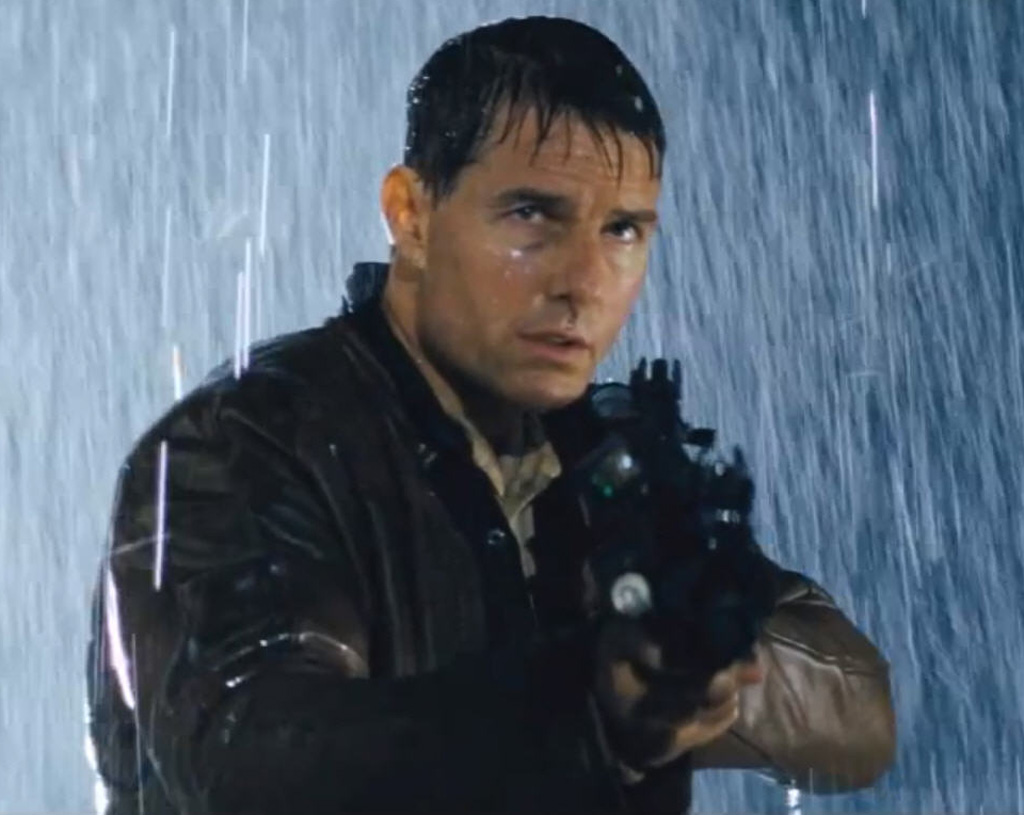 vulnerable target and barely raise a sweat. He definitely won’t think twice about it afterward. But how memorable is that interaction? But if your hero is suffering from PTSD and has flashbacks of violence and the toll it takes on the human psyche, he might be more mentally impacted even though he was easily able to summon the courage and strength to defend himself. And the debate team captain who never did anything physical in his life? He might have to dig deep for courage to stand up to the bully in the first place. He might know he’s totally outclassed and sure that he’s going to get hurt, but if he’s defending someone weaker than himself will he summon that courage? And if he does, and succeeds, think of the character growth he’ll experience.
vulnerable target and barely raise a sweat. He definitely won’t think twice about it afterward. But how memorable is that interaction? But if your hero is suffering from PTSD and has flashbacks of violence and the toll it takes on the human psyche, he might be more mentally impacted even though he was easily able to summon the courage and strength to defend himself. And the debate team captain who never did anything physical in his life? He might have to dig deep for courage to stand up to the bully in the first place. He might know he’s totally outclassed and sure that he’s going to get hurt, but if he’s defending someone weaker than himself will he summon that courage? And if he does, and succeeds, think of the character growth he’ll experience.
 Then there are the walk-ons. You're the author and you already have a full cast of characters, well developed, sympathetic or antagonist, and the story is plotted out carefully, but every once in awhile a character will suddenly appear in a story and take on surprising strength. He or she won’t be the main character and they might have only a minor role, but they intrigue you, almost daring you to explore them more fully. Often these walk-ons turn into a follow-on book. They capture the author’s heart and imagination so completely their story just has to be told later. Often these characters appear because there was an unexpected need for a character to fill a role not explored while the story was being plotted. Sometimes they show up as a foil for another character. And while they might not have as much time and attention in development, the author does need to step back and consider the character and what he or she needs, wants or has experienced in the past that brought them on the scene in the first place.
Then there are the walk-ons. You're the author and you already have a full cast of characters, well developed, sympathetic or antagonist, and the story is plotted out carefully, but every once in awhile a character will suddenly appear in a story and take on surprising strength. He or she won’t be the main character and they might have only a minor role, but they intrigue you, almost daring you to explore them more fully. Often these walk-ons turn into a follow-on book. They capture the author’s heart and imagination so completely their story just has to be told later. Often these characters appear because there was an unexpected need for a character to fill a role not explored while the story was being plotted. Sometimes they show up as a foil for another character. And while they might not have as much time and attention in development, the author does need to step back and consider the character and what he or she needs, wants or has experienced in the past that brought them on the scene in the first place.
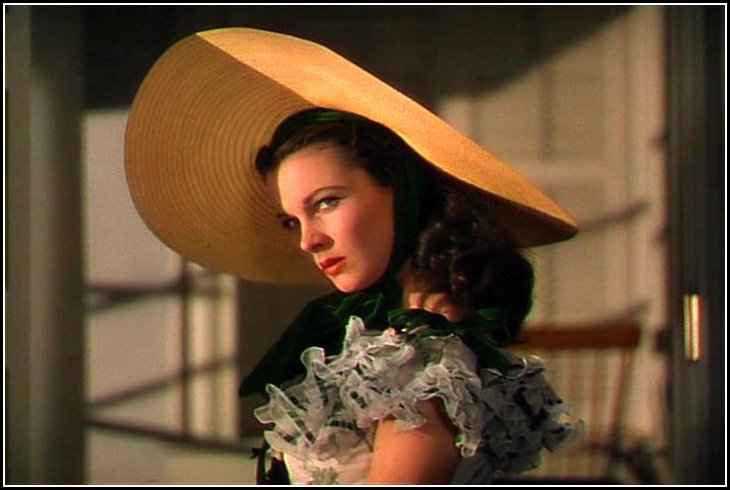
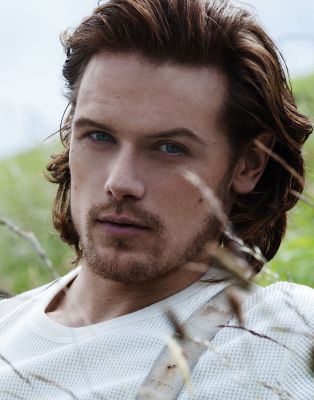

Scarlette O'Hara Jamie Fraser Jay Gatsby
In my opinion character development is essential to making a great story that captivates readers. Above are three characters with personalties so clear and strong they enjoy enduring fame. Think of the characters in books you read long ago that are still vibrant and alive in your memory. None of them were two dimensional. All had detailed back stories and complicated personalities, loves, hates, desires, dreams, failures and triumphs. That’s what makes them memorable.
Check out how these authors create their characters:
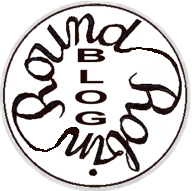 A.J. Maguire
A.J. Maguire
Victoria Chatham
Marci Baun
Judith Copek
Rachael Kosinski
Diane Bator
Dr. Bob Rich
Beverley Bateman
Anne Stenhouse
Marie Laval
Rhobin Courtright
Connie Vines
Margaret Fieland
Fiona McGier